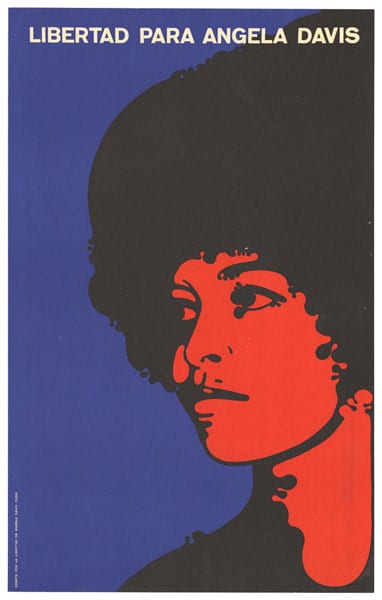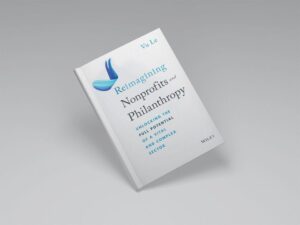
January 9, 2019; Associated Press (ABC News)
Three of the 15 board members of the Birmingham Civil Rights Institute (BCRI) resigned yesterday after the Institute informed activist-scholar Angela Davis that their decision to grant her the Fred L. Shuttlesworth Award for Human Rights had been rescinded.
The resigning BCRI board members—chair Mike Oatridge, first vice chair Walter Body, and secretary Janice Kelsey—expressed regret in a statement for “the dissension” caused by the institute’s actions, and a hope that their departures would “enable the City of Birmingham to create a board structure that will best enable the BCRI to continue its critical mission in the future.”
At the time, the vague reason given was but understood to be based on Davis’ position on Palestine and her support of the Boycott-Divest-Sanctions movement—a position which some have called anti-Semitic. It now turns out that the decision to rescind was prompted by a letter from the Birmingham Holocaust Education Center, which was signed by its board president, Deborah Layman, and the members of the executive committee, along with the CEO.
In a confessional email response to AL.com that, based on what the AP reports, strikes us as astoundingly amoral, Layman explains, “Our intention was to go on record about our concerns in a private letter sent to BCRI leadership. We had no further part in the decision made by BCRI to cancel the event, and we were surprised at their decision.”
An article in Diverse Issues in Higher Education features the responses of various academics of color, including Dr. Ibram X. Kendi, the founding director of the Antiracist Research and Policy Center at American University, who is scheduled to be in a public conversation with Davis next week in San Francisco.
“When we do not have the courage to honor our greatest freedom fighters, we should not wonder why we are not free,” Kendi tweeted.
Tiffany Pennamon writes in her article:
Sign up for our free newsletters
Subscribe to NPQ's newsletters to have our top stories delivered directly to your inbox.
By signing up, you agree to our privacy policy and terms of use, and to receive messages from NPQ and our partners.
Kendi’s remarks add to the growing concerns of some academics who note an increasing attack on activists and intellectuals of color who support justice for Palestine. These scholars argue that attempts to conflate pro-Palestinian support as anti-Semitism promote censorship of conversations that link the Israeli treatment of Palestinians to other human rights injustices.
“That’s an absurd conclusion,” said Dr. Raymond Winbush, research professor and director of the Institute for Urban Research at Morgan State University. “What you have is the successful attempt by Israel to mute criticism of their treatment of the Palestinians, which is kin to the treatment of Black people during apartheid.”
To equate pro-Palestine with anti-Israel is to say that someone is against African dictatorship but is somehow anti-African, Winbush added, saying that it is possible to disagree with nearly seven decades of Israeli occupation and not be anti-Jewish.
Dr. Karsonya Wise Whitehead, associate professor of communication and African and American Studies at Loyola University, Maryland, says the recent media backlash on BDS has surprised her as has the scarcity of allies to stand in solidarity with Black and Brown intellectuals who speak up in defense of Palestine.
“There’s this notion that [critics of Israeli injustices] are involved in language that is oppressive,” [Whitehead] said, likening false charges of anti-Semitism to the times when writers, actors and other social figures were accused of being Communists around the time of the Cold War.
The media push back is “about shutting people down. It’s a climate of fear where if you’re going to speak out, you may actually risk everything and you may lose everything,” Whitehead said.
Dr. Gaye Theresa Johnson, associate professor in the Departments of Chicana and Chicano Studies and African American Studies at the University of California, Los Angeles, concludes, “Individual donors and foundations who give to BCRI should take note: if Angela isn’t qualified to receive this award, no one is, nor should anyone accept it hereafter.”—Ruth McCambridge











